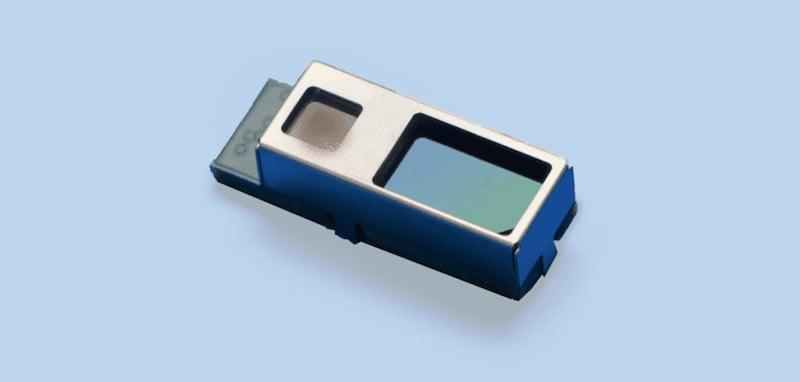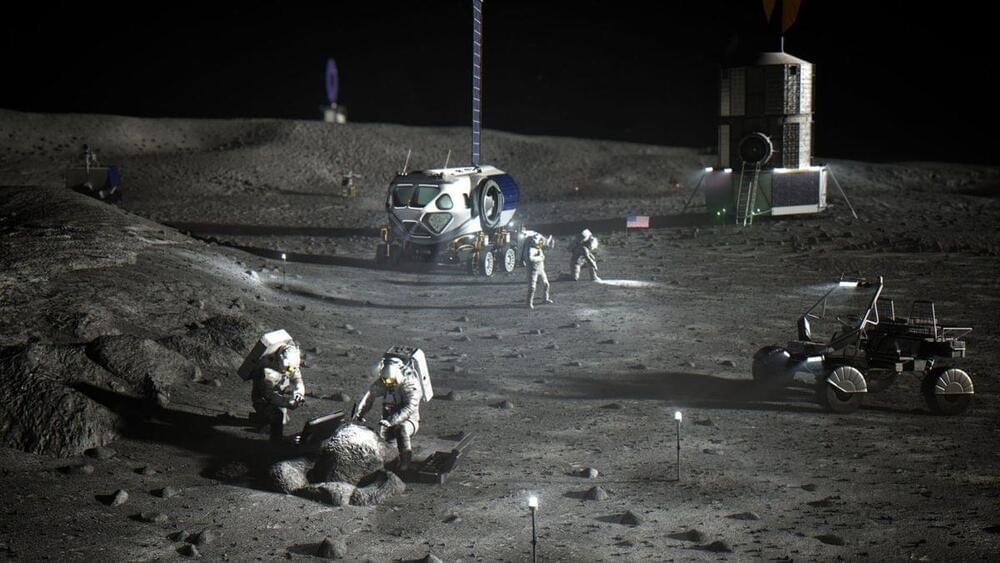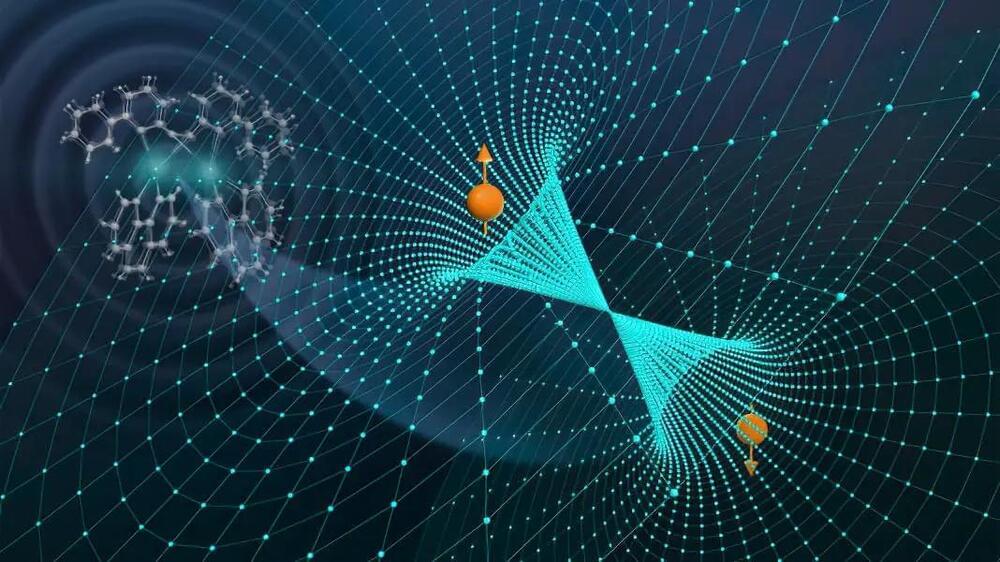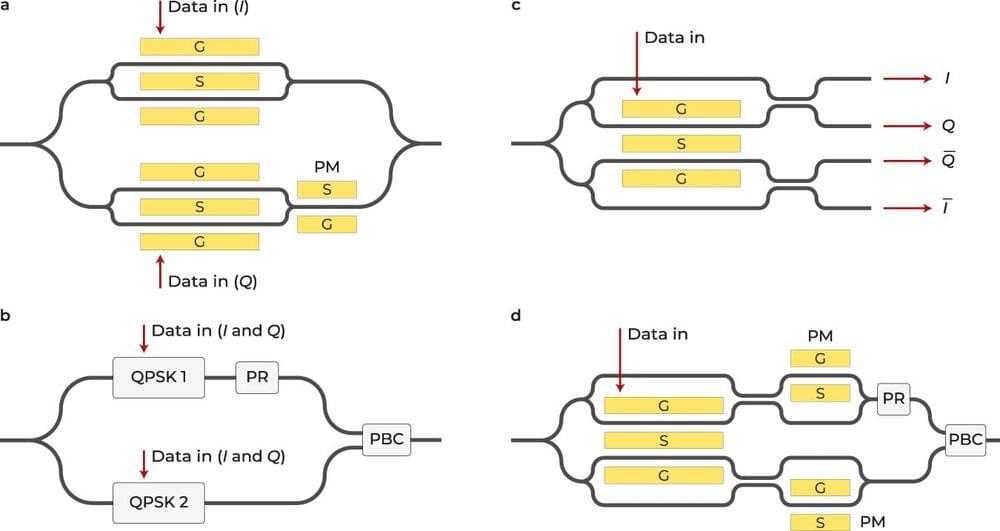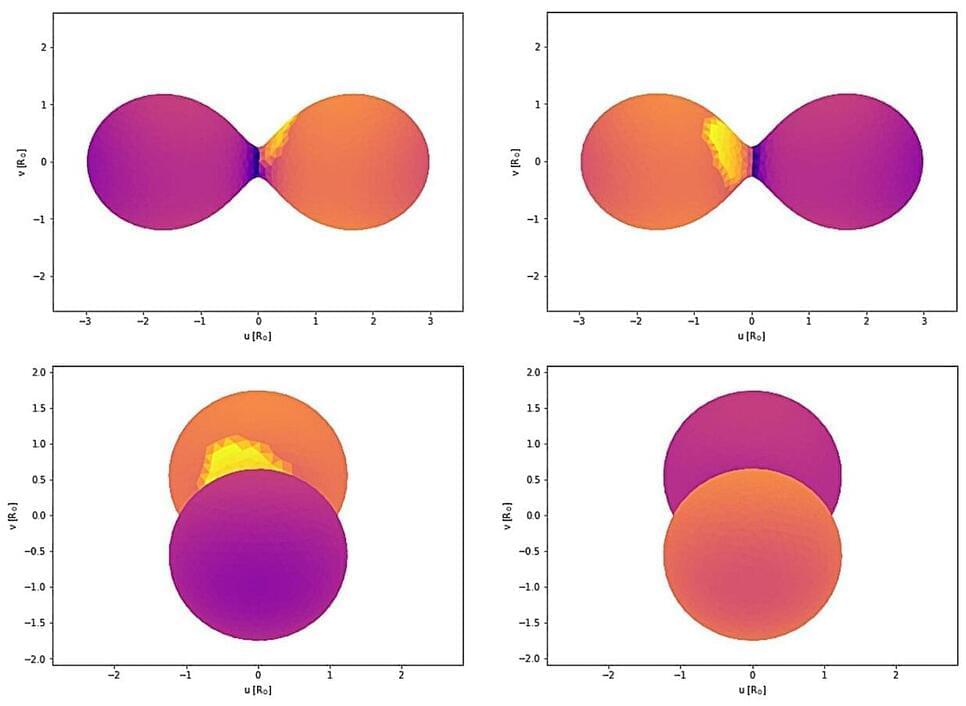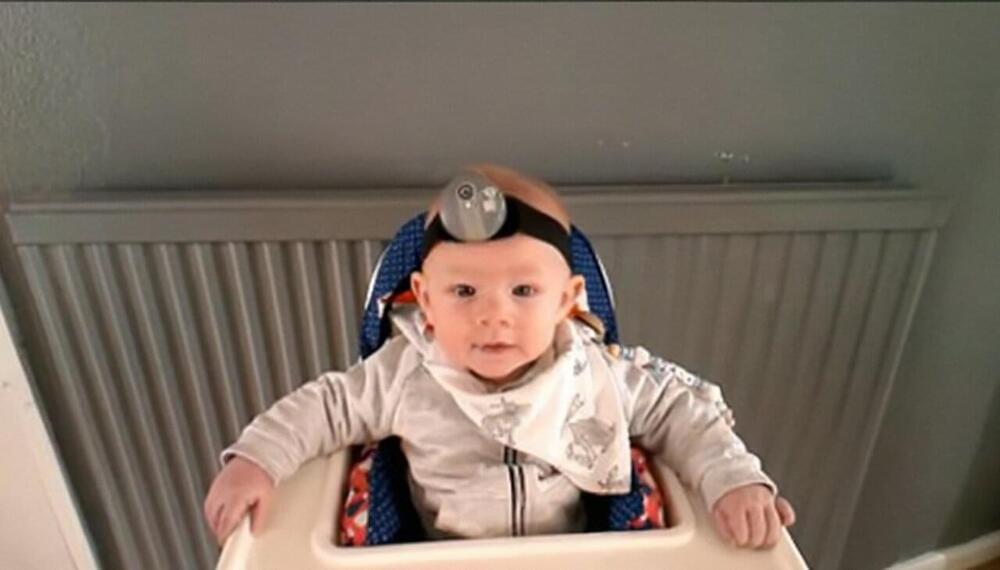The IEEE has certified the first standard for Li-Fi, a high-speed digital communication standard in the infrared (IR), visual light, and ultraviolet (UV) spectrums.
With the certification of the Li-Fi (light-fidelity) standard, 802.11bb-2023, a new era has opened up for local area wireless communications. Li-Fi refers to wireless data communications using light rather than the radio waves used by Wi-Fi. It is faster, immune to electromagnetic interference, and more difficult to intercept. It operates by modulating near-infrared, visual, or near-ultraviolet LEDs, making any LED source a potential access point.
